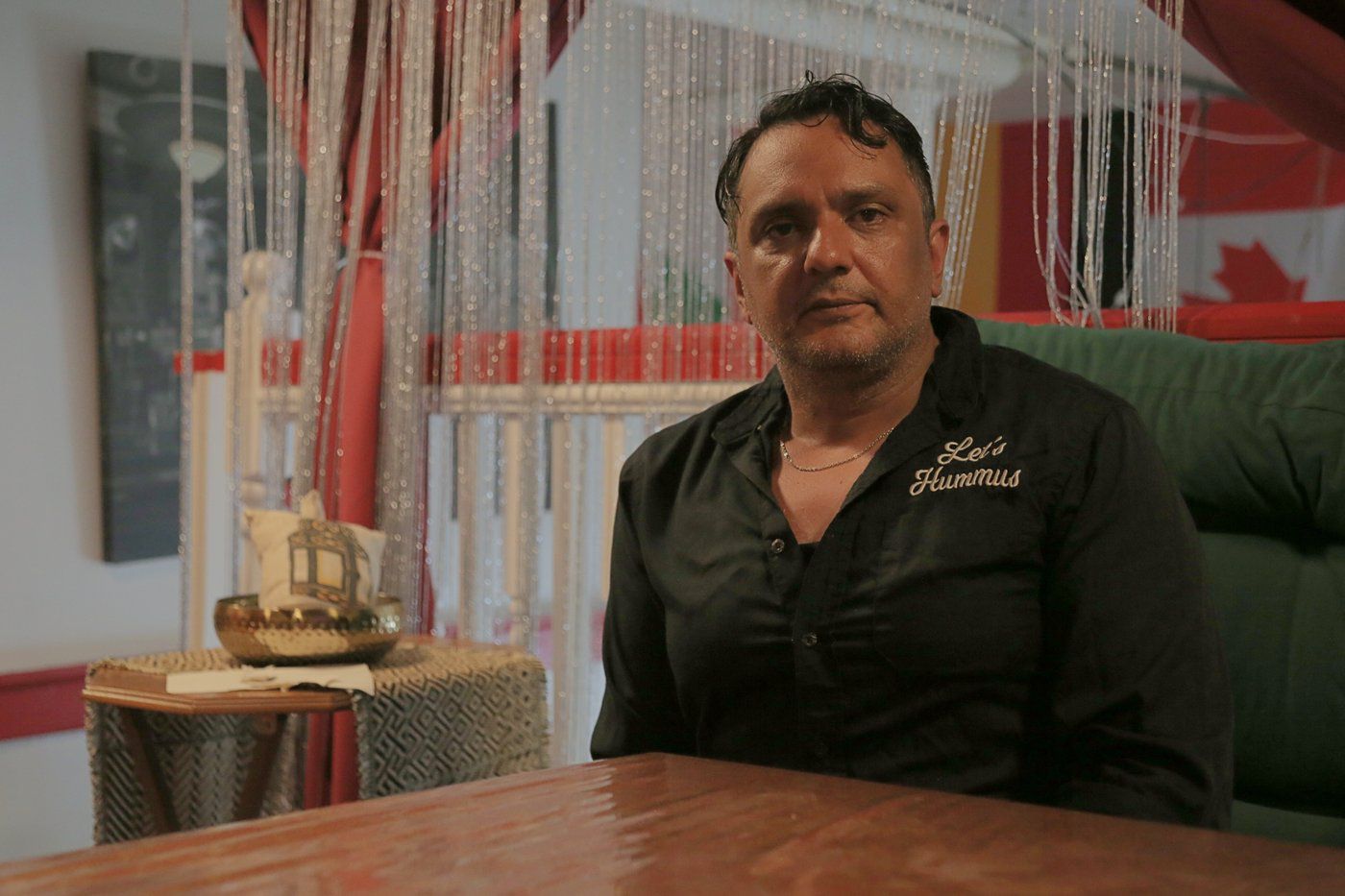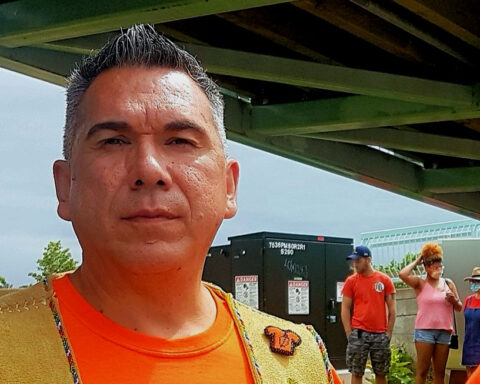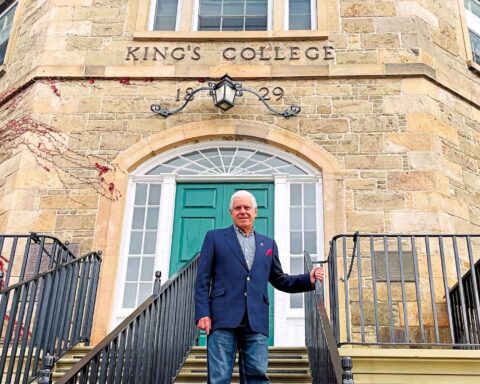SAINT JOHN • Alex Haram says his family members in Beirut pray each morning they leave for work, hoping they will make it home safely at night.
That’s how serious the situation in Lebanon has become in the past year since a massive explosion destroyed much of the port of Lebanon’s capital city last August, according to Haram, owner of the Lebanese restaurant Let’s Hummus and The Lebanese Bakery in Saint John.
The Mediterranean country has gone from bad to worse, according to New Brunswickers with family still there, as the country marked the grim anniversary of the port explosion this week.
“The hardship they’re having since the explosion until this date is worse than what they lived in the 20 years of the Lebanese civil war,” Haram said. “They didn’t experience any of the issues that they’re facing right now. Whether it’s finding jobs, whether it’s financial, political – they have fear every day.”
The deadly Aug. 4, 2020 explosion of tons of ammonium nitrate that sat for years in the port made international headlines. It’s considered to be one of the world’s biggest, non-nuclear blasts.
The explosion also devastated large parts of Beirut, leaving more than 200 dead and more than 6,500 injured. Roughly 300,000 homes were damaged or destroyed.
“Everybody is trying to find out what exactly happened, but they will never find out,” Haram said. “It’s just like with the previous Prime Minister Rafic Hariri (who was assassinated) … It took years and years and years. And it still is the unsolved mystery, and that’s what’s happening with the explosion right now.”
Reem Fayyad, who lives in Moncton, feels just as hopeless as she reflects on the spiralling crisis in the country. In addition to not having clear answers on what ignited the explosion and who is responsible, the country is mired in the worse financial crisis in 100 years.
“It just added to the struggle,” she said. “It exposed the population even more, so things started to plunge even more.”
It’s a challenge just to make ends meet, she said, and families are looking to flee and immigrate to other countries.
“Families are seeking to leave the country for their kids and that’s one of the things we experience personally,” she said. “We’ve been trying to see if there is any way to help our families and friends back home immigrate.”
And the crisis doesn’t only affect the citizens or the Lebanese diaspora with friends and family still living there, according to Dr. Robert Huish, a professor of International Development Studies at Dalhousie University in Nova Scotia. It has far-reaching implications in the region and the rest of the world.
“It’s something that should be worrisome for everybody,” he said. “Lebanon and Beirut have always been viewed and approached as a bastion of stability in the Middle East.”
The country’s multi-faceted crisis that spans political, economic and social spheres will have ripple effects around the world.
“The Lebanese community here in Canada is still very connected to it but (there’s) also Lebanon’s role as a benchmark of stability in the Middle East,” he said. “If that erodes, that’s really going to shift the chess pieces.”
The international community, especially the United States, can play a role in pressuring the stagnant government to take positive steps for its people, Huish noted.
“If the U.S. government were to say the ad hoc government needs to get moving on making sure that people have good wages, good access to resources and the economy gets going again and assure them that’s the move that needs to take place, that might give the government the confidence to move forward,” he said.




